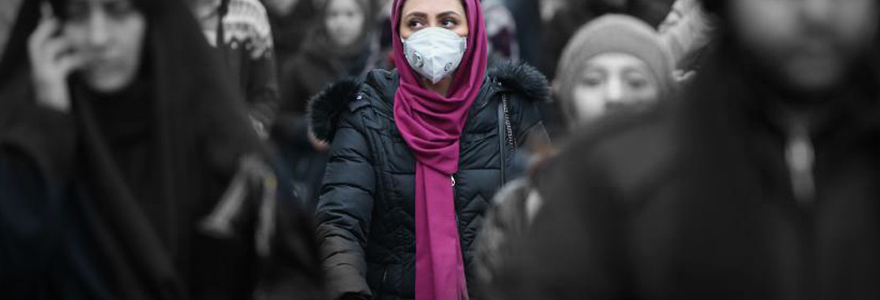Iran is the Islamic Republic where citizens’ rights are highly abused. That is why the Iranian resistance came up with some outlines concerning women's future rights; click here.
According to the report findings from the international global overseers, human right in Iran is quite unappealing. This has been brought out by the ongoing political factors and rising external pressure.
There have been massive arrests and attacks on human rights activists and journalists in the country. Protesters are arrested and tortured; many have died in the process.
The president and his team of administrators have given this issue a blind eye despite the suffering of ordinary citizens in Iranian society.
1. Right to peaceful convocation and expression
For almost three years now, Iran has been experiencing unrest from the public due to their unjust treatment. In most cases, the daily riots are not handled rightfully as the protestors are engaged with lethal force and erratic arrest.
In November 2009. The country experienced riots from the citizens, where they blocked major roads and tried to overthrow the ownership of the public buildings. The armed police force tackled the protestors with excessive and illegal force.
The government set up a massive shutdown of the global internet in the whole country. During the protests, there were at least three hundred and four people ravaged, according to the reports from Amnesty International.
2. Death sentence and brutal exposures
The reports from the international human groups indicate that, in Iran, people who have been sentenced to the death penalty adds up to at least 233. This puts Iran on the leader’s board among the nation that exercises the death sentence.
Individuals are sentenced to death even if they commit petty crimes. A good example is when the Judiciary decided to put two people on death sentence because of the crime they did at their childhood age.
Another scenario is when the authority executed a man in Mashhad because he repeatedly drank alcohol. This is as per the Norway-based NGO report.
Crimes like abusing the prophet, same-gender sex, and drug abuse are punishable by the death sentence in Iran.
3. The rights of women, children, sexual adaptation and gender identity
Women in Iran face extreme gender politics from their husbands and the state at large. This mainly occurs when they are betrothed. In this country, a woman has no right in implementing any decisions on her children. The same woman is not entitled to any property inheritance.
Women rights in Iran have no legal protection even in the constitution. Whenever a married woman wants to travel outside the country, she will not be given a passport if she doesn't present her husband's permission which should be written.
A man has been given the mandate to choose the locality of living, and he has a right in inhibiting his spouse from any occupation that might be against family values, according to him.
According to the law in Iran, marriage can occur at a very early age. Girls can be married when they attain the age of 13 years and 15 years for the male gender. This is not all as the judge has the mandate to allow an early marriage than the stated years of 13 and 15 to girls and boys, respectively.
When the Covid-19 pandemic struck the globe, there was a rise in domestic violence cases during the lockdown in Iran. Iran has wholly neglected the female gender as no single law provision can protect women from domestic violence.
Many have been prosecuted for moral acts and consensual adulterous relationships. Same-gender sex is punishable by the death penalty. Much as the Iranian law allows sex reallocation surgery for transgender individuals, there is no legal action that protects them from any form of discrimination.
